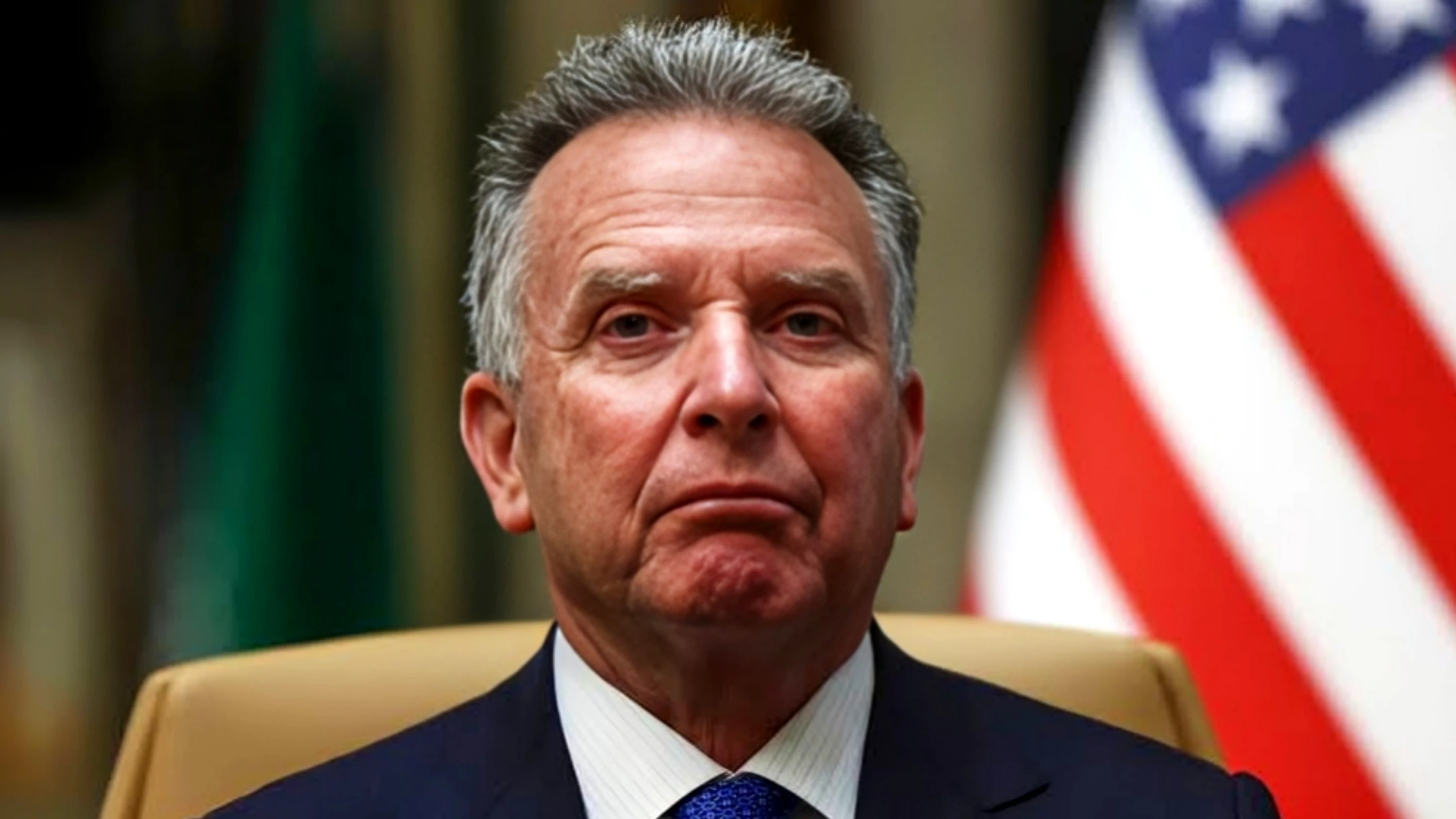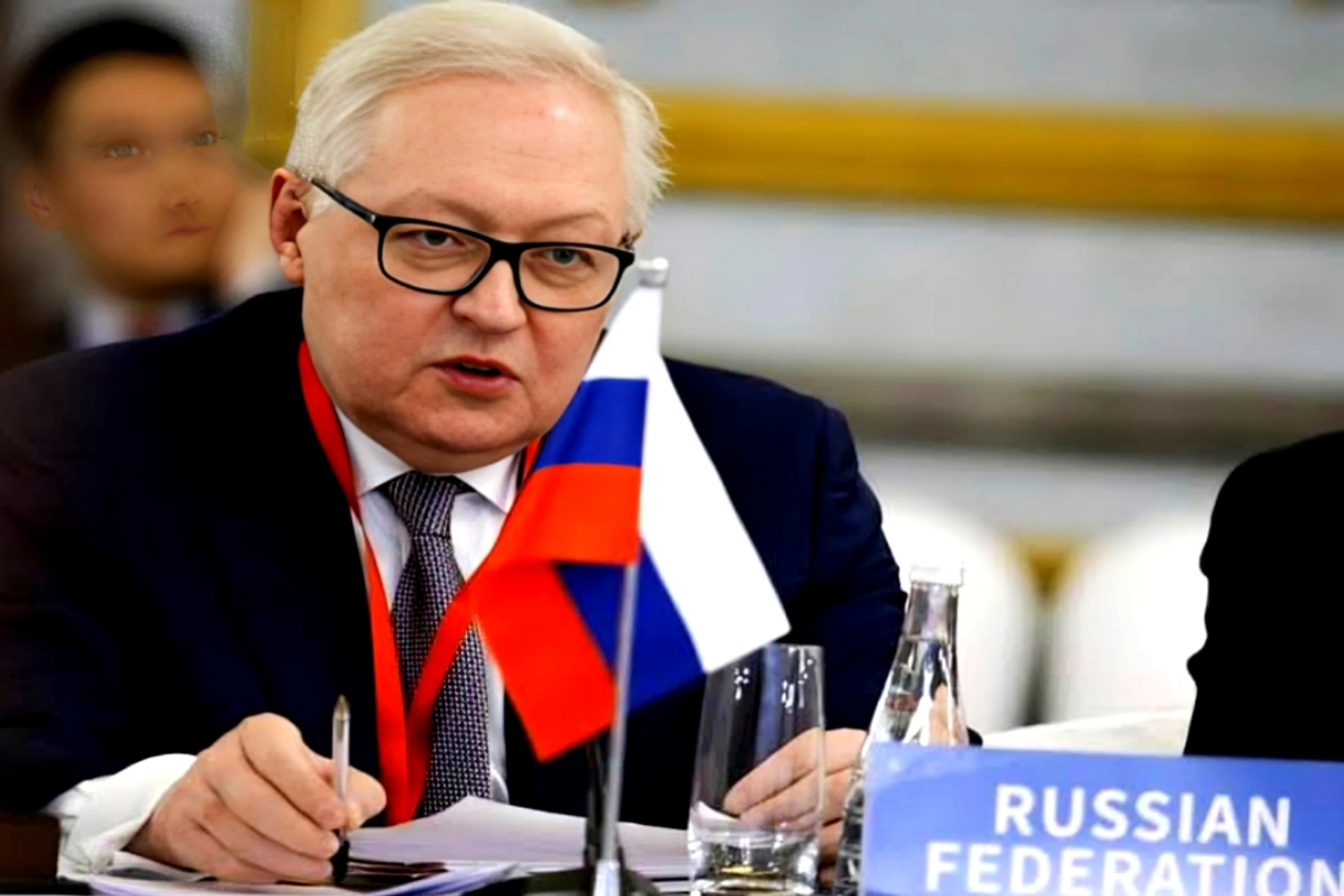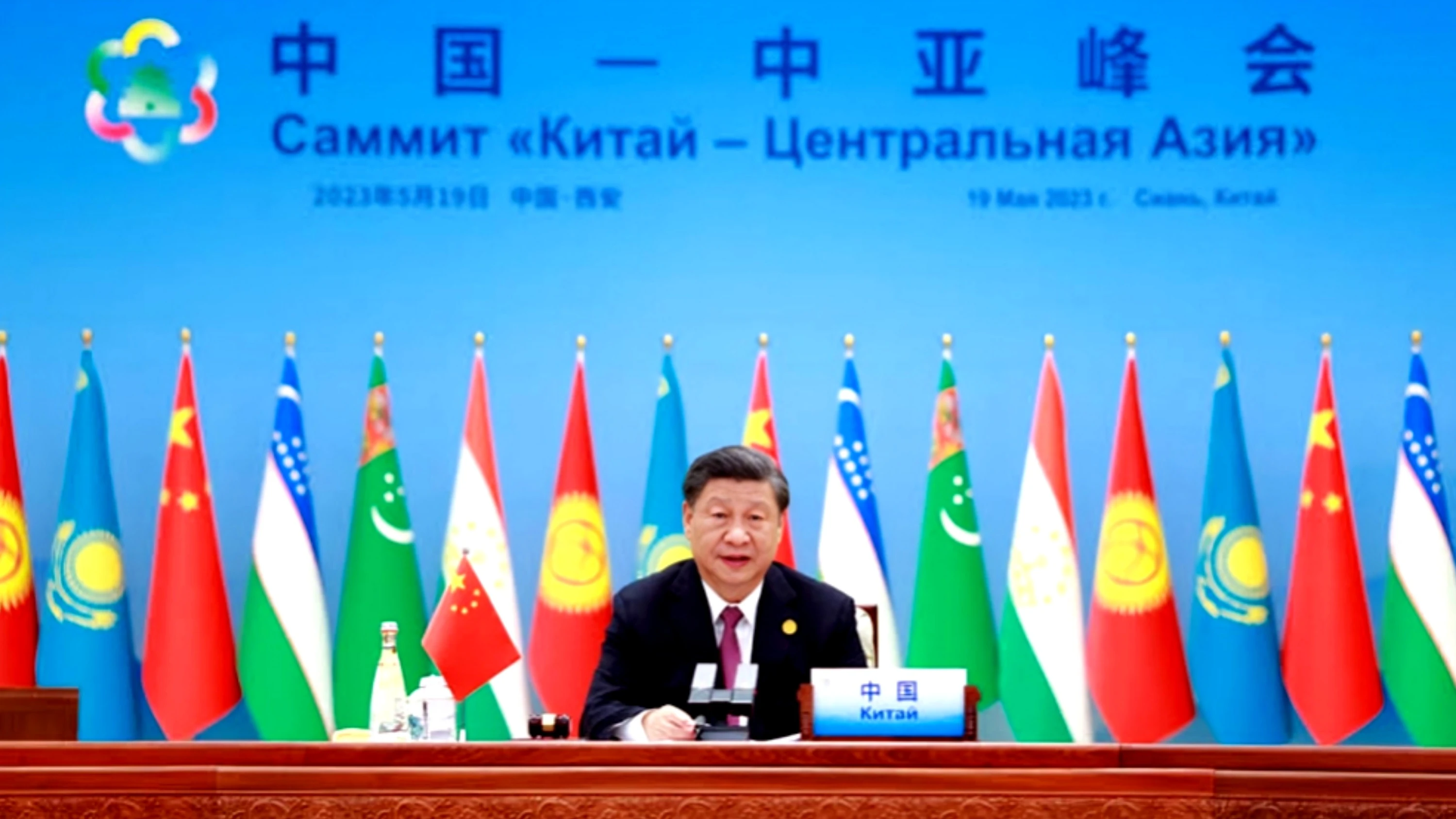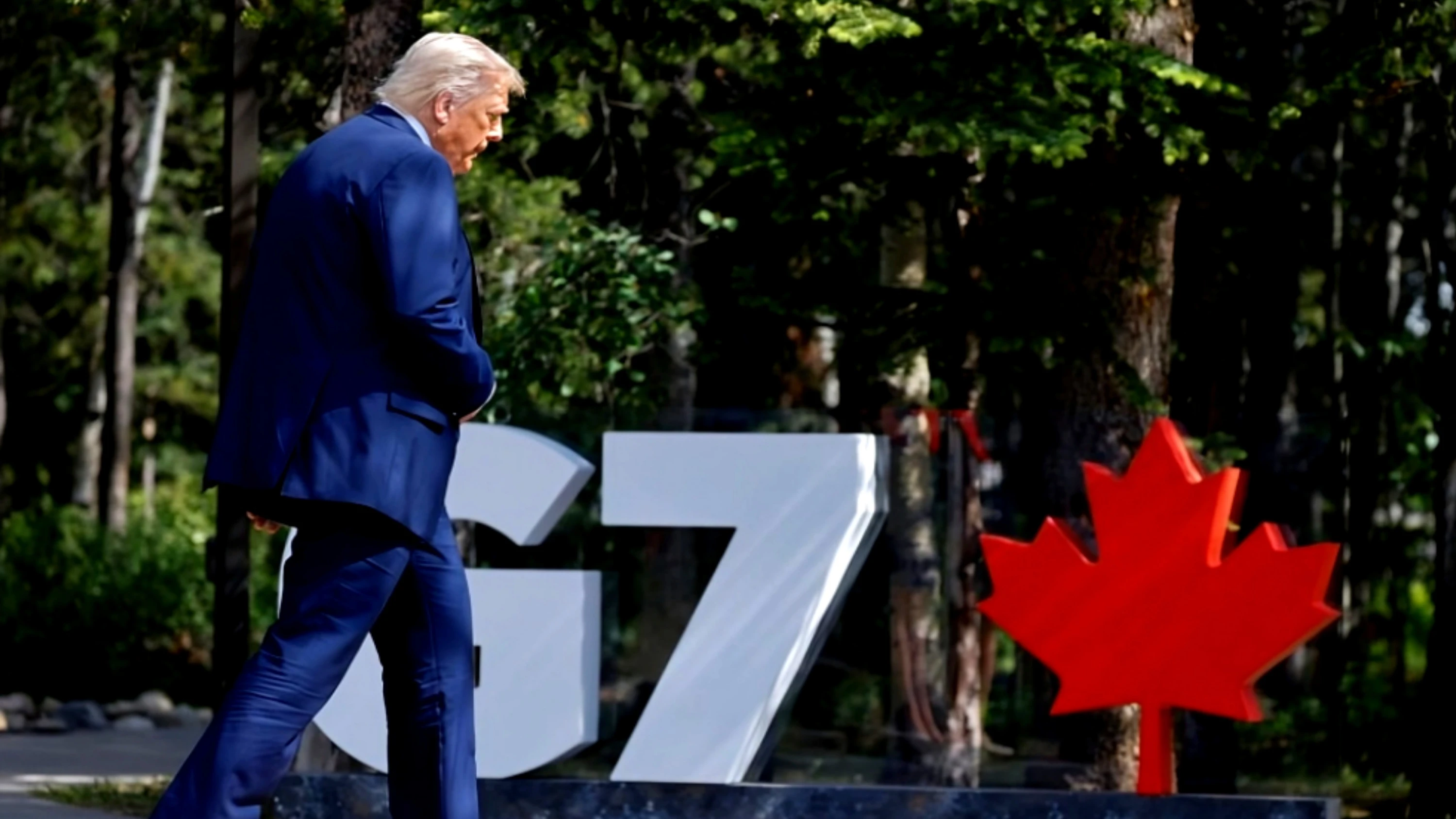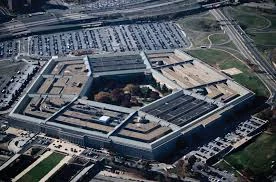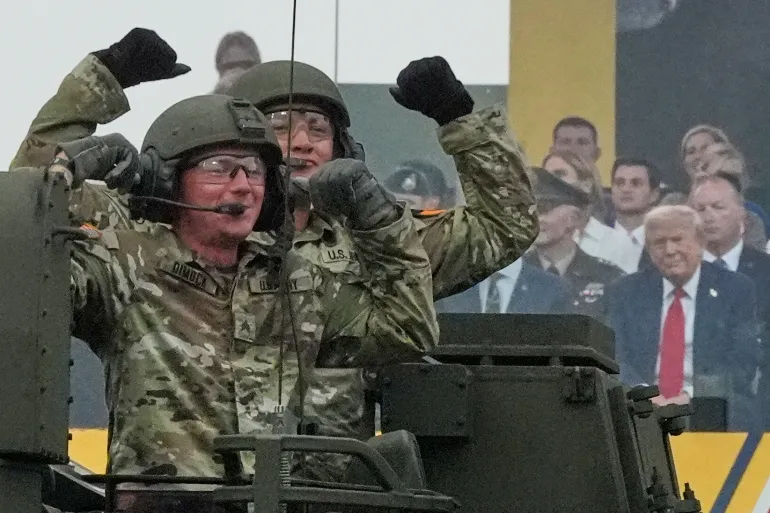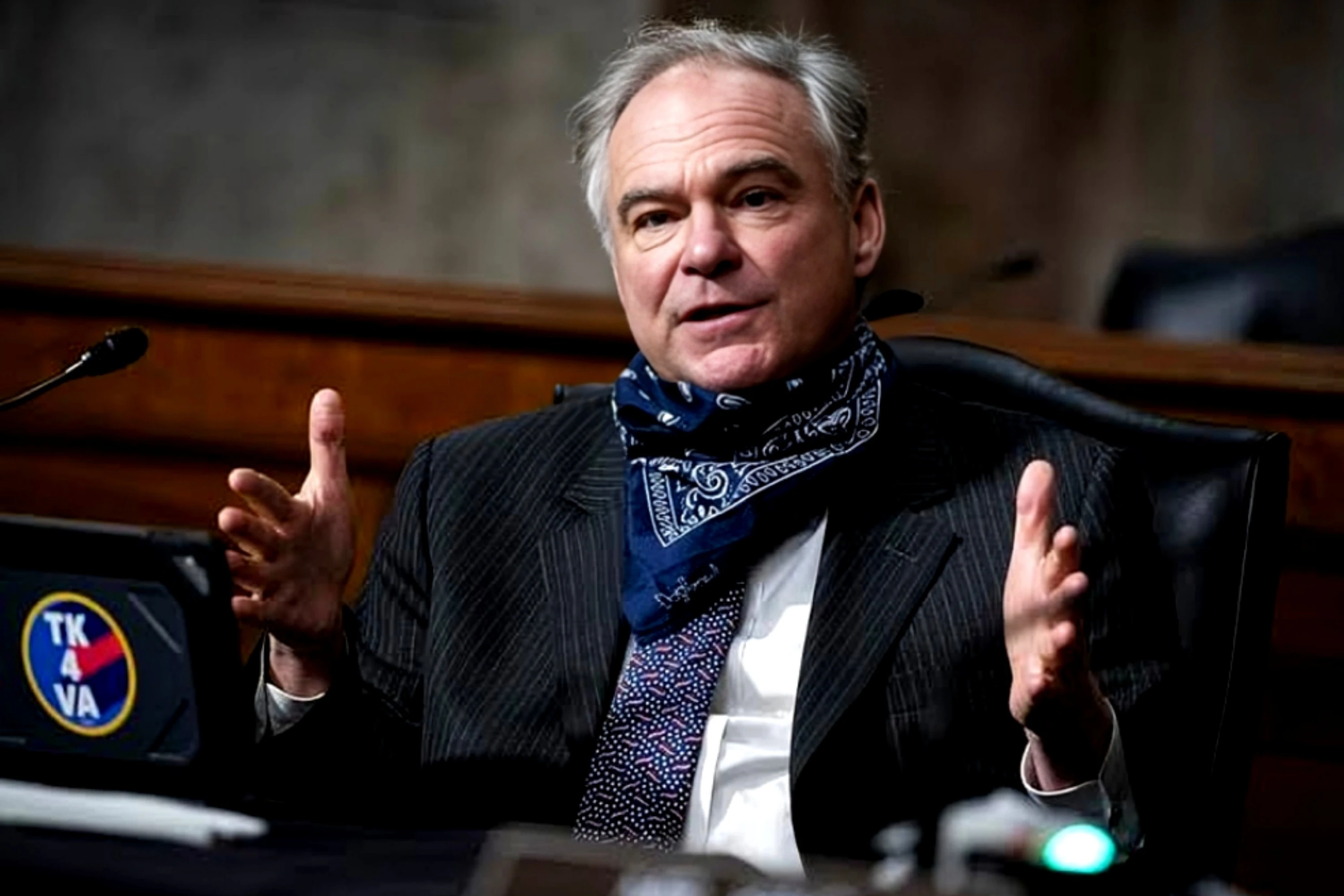Washington: A top envoy from the Trump administration, Steve Witkoff, has downplayed fears that Russian President Vladimir Putin plans to invade the entirety of Europe, even as European nations ramp up their defense spending in response to growing security concerns.
Speaking on Fox News on Sunday, Witkoff suggested that worries about a wider Russian offensive were largely theoretical. "I don't see that he wants to take over all of Europe," he stated, adding that many European leaders were beginning to share this view. However, he emphasized that the primary focus should be on halting the ongoing conflict.
Meanwhile, US and Ukrainian officials met for high-level discussions on Sunday, aiming to secure protections for key infrastructure, including critical minerals and energy facilities. Ukrainian Defence Minister Rustem Umerov confirmed that the negotiations, included discussions on the partial ceasefire between Russia and Ukraine, were very constructive and positive.
Talks were set to continue in Saudi Arabia, where US and Ukrainian representatives hoped to push forward peace efforts. Witkoff expressed optimism that progress could be made, particularly regarding a Black Sea ceasefire that could pave the way for a broader truce.
Despite these discussions, the Kremlin has urged caution, with spokesperson Dmitry Peskov warning that negotiations would be complex and lengthy. "We are only at the beginning of this path," he said, acknowledging that significant obstacles remained in reaching a ceasefire agreement.
As diplomatic efforts continue, reports have emerged suggesting that President Donald Trump and Vladimir Putin may have had more communication than previously disclosed. Officially, the two leaders have spoken twice this year, in February and March. However, speculation persists that additional, unreported conversations may have taken place, including before Trump's election.
When asked about the possibility of undisclosed talks, Peskov did not deny the claims outright, stating, "We inform you about the conversations we are aware of, but we cannot rule out everything else."
The potential for closer US-Russia ties has raised concerns among European leaders, who fear that Washington may be shifting its priorities. Some worry that the US could be seeking a grand geopolitical agreement with Russia, involving issues such as oil prices, Middle Eastern affairs, and strategic competition with China—potentially at the expense of European security.


